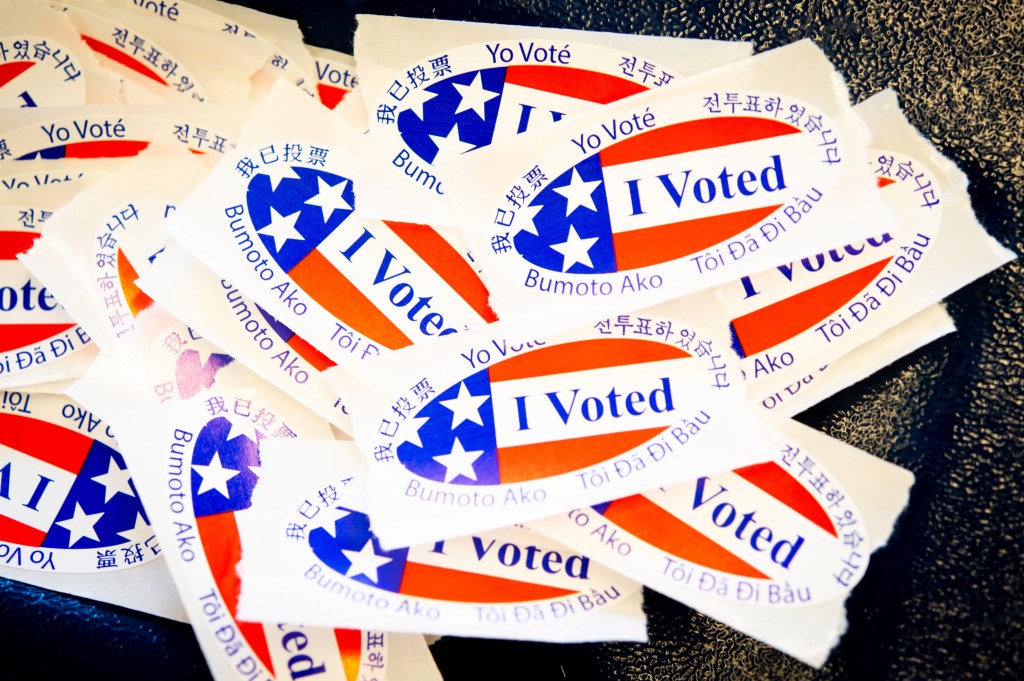This wouldn’t be a California election without at least a few wildly contentious ballot measures about housing and property taxes.
After a bit of last-minute legislative maneuvering, the 12 propositions that California voters will be asked to weigh in on has been finalized. Here’s the three real estate-related ones …
Prop 15: Split roll
Who put it there: Citizens. Campaign largely funded by the California Teachers Association, SEIU California and the Chan Zuckerberg Foundation
Type: Constitutional amendment
What it would do: Tax some commercial property based on its market value, rather than the price at which it was purchased. This would raise property taxes on many large businesses across the state, increasing funding for schools and local government.
In 1978, California voters passed Proposition 13, placing a cap on property taxes, kicking off a nationwide anti-tax revolt and placing city and county budgets in a generation-spanning straitjacket.
By tying a landlord’s property tax payments to the original purchase price, Prop. 13 has been the gift that keeps on giving to property owners, particularly those lucky enough to have bought cheap real estate decades ago. There’s been bipartisan reluctance among lawmakers to touch it ever since, lest they incur the wrath of irate homeowners.
This initiative attempts to divide and conquer that political problem by repealing the property tax protections only for commercial landlords with more than $3 million in holdings. If this measure passes, those landowners would have to make tax payments based on the current value of their properties — a tax hike for most — resulting in an estimated $6.5 to $11.5 billion more for cities, counties and school districts.
Prop. 19: Property tax breaks
Who put it there: The Legislature, via a bill by San Mateo Democrat Assemblymember Kevin Mullin, but sponsored by the California Realtors.
Type: Constitutional amendment
What it would do: Allow homeowners who are over 55, disabled or victims of natural disaster to take a portion of their property tax base with them when they sell their home and buy a new one. It would also limit the ability of new homeowners who inherit properties to keep their parents’ or grandparents’ low property tax payments. Most of the additional money raised would go into a state fire response fund.
We’ve seen this one before — half of it, anyway. In 2018, the California Association of Realtors put a measure on the ballot allowing older or disabled homeowners to keep a portion of their Prop. 13 tax break. The Realtors argued that the current property tax rules disincentivize longtime homeowners from moving, “trapping” empty-nesters in houses that are too big for them and locking out new families. But because the measure would cost schools, counties and cities, it was opposed by organized labor and local government groups — and failed by 20 points.
The Realtors tried again this year, but with an added fiscal sweetener. Under this proposal, anyone who inherits a home from their parents or grandparents would only be allowed to keep the low property taxes if they use the home as their primary residence and only on the first $1 million between the home’s original purchase price and its market value. Inspiration for that caveat may have come from the Los Angeles Times, which tracked down a number of California scions, including “The Big Lebowski” star Jeff Bridges, who are still paying 1970-era property tax levels on their rental properties.
And then there was a last-minute wrinkle. In the final weeks of June, the Realtors sprang a deal: designating that most of the funding generated by the measure would go to fighting wildfires. That won the support of the influential California Professional Firefighters union. It also means the measure will be funding a public need that might be on many voters’ minds come November.
That bargain was struck after the Realtors had submitted their signatures, so with the help of Assemblyman Mullin, they passed it through the Legislature, pulling their original proposal just before the deadline.
Prop. 21: Rent Control (Again)
Who put it on the ballot: Signatures, collected via an effort mostly funded by the AIDS Healthcare Foundation.
Type: Statute
What it would do: Allow cities to introduce new rent control laws, or expand existing ones.
Despite a 20-percentage point, 56-out-of-58 county defeat in 2018, a statewide rent control measure is back on the ballot.
Polling from that election season suggested that California voters generally liked rent control as a concept, but worried about the specifics of the proposal. Accordingly, this new initiative makes a few tweaks.
Under this one, cities would be allowed to apply new rent control ordinances only to homes that are at least 15 years old. And it exempts single-family homes owned by landlords with no more than two properties.
Just like last time, the measure is being pushed by the Los Angeles-based AIDS Healthcare Foundation and its pugnacious president Michael Weinstein. State lawmakers — by passing a law last year that set a 7% ceiling on how much landlords can raise rents each year — had hoped to ward off another attempt by Weinstein and company. They had no such luck.









